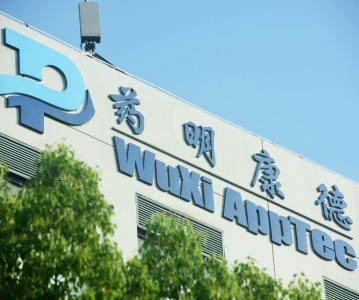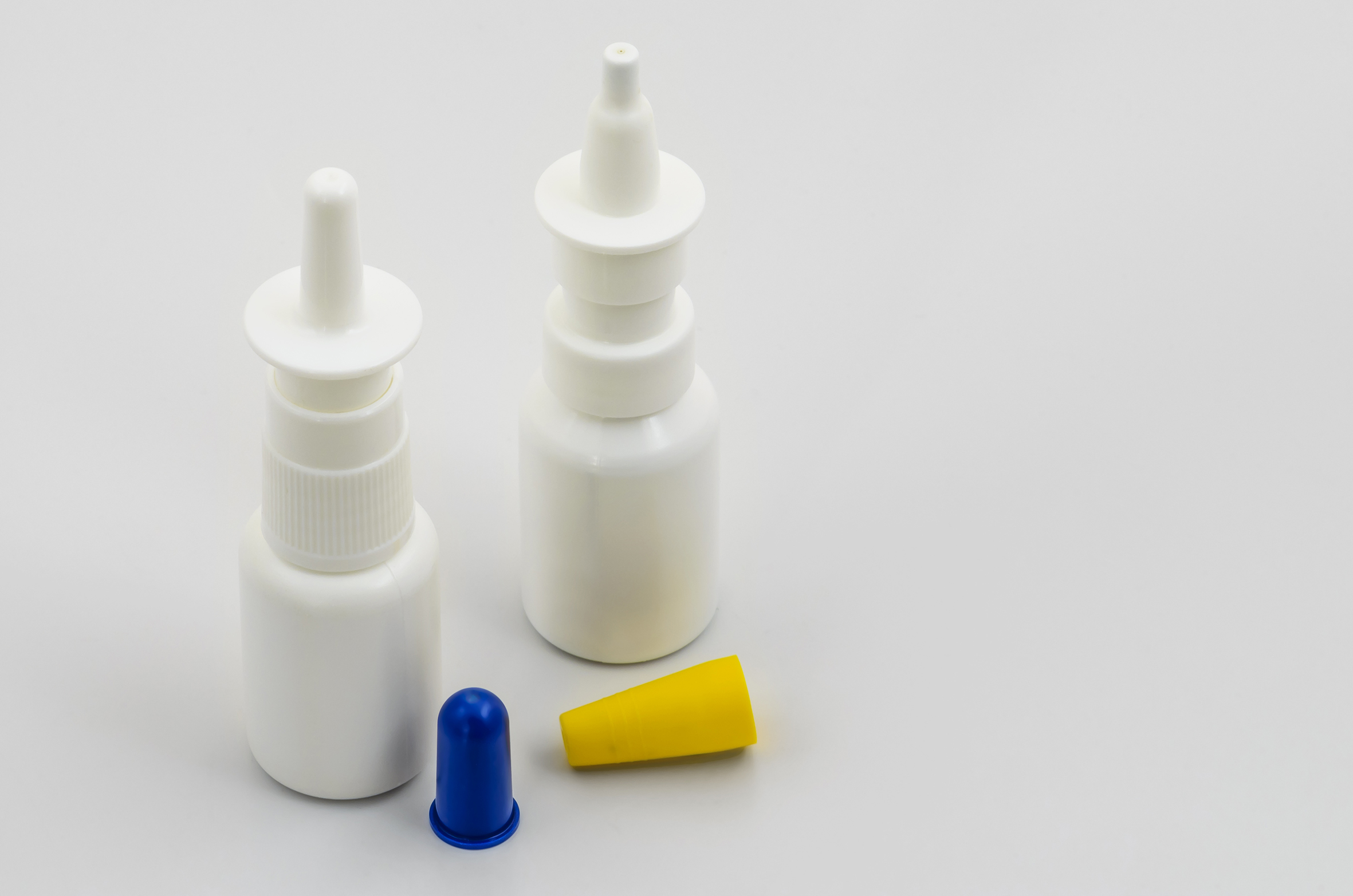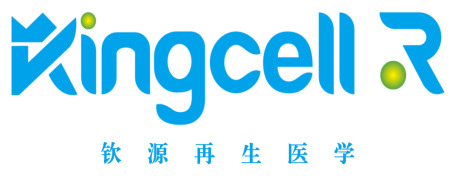NIH Study Finds Regular Aspirin use May Reduce Ovarian Cancer Risk

Women who take aspirin daily may reduce their risk of ovarian cancer by 20%, according to a study by scientists at the National Cancer Institute (NCI), part of the National Institutes of Health. However, further research is needed before clinical recommendations can be made.
The study was published 6 February 2014, in the Journal of the National Cancer Institute.
It is estimated that over 20,000 women in the US will be diagnosed with ovarian cancer in 2014, and more than 14,000 will die from the disease. Early-stage ovarian cancer may be successfully treated. However, symptoms associated with this disease can mimic more common conditions, such as digestive and bladder disorders, so for this reason and others, it is often not diagnosed until it has reached advanced stages. Late-stage ovarian cancer leaves women with limited treatment options and poor prognoses, making preventive strategies potentially important for controlling this disease.
Chronic or persistent inflammation has been shown to increase the risk of cancer and other diseases. Previous studies have suggested that the anti-inflammatory properties of aspirin and non-aspirin NSAIDs (non-steroidal anti-inflammatory drugs), may reduce cancer risk overall. However, studies examining whether use of these agents may influence ovarian cancer risk have been largely inconclusive. This is the largest study to date to assess the relationship between these drugs and ovarian cancer risk.
Britton Trabert, PhD, and Nicolas Wentzensen, MD, PhD, of NCI’s Division of Cancer Epidemiology and Genetics, and their colleagues, analysed data pooled from 12 large epidemiological studies to investigate whether women who used aspirin, non-aspirin NSAIDs, or acetaminophen have a lower risk of ovarian cancer. These 12 studies (nine from the US) were part of the Ovarian Cancer Association Consortium. The scientists evaluated the benefit of these drugs in nearly 8000 women with ovarian cancer and close to 12,000 women who did not have the disease.
Among study participants who reported whether or not they used aspirin regularly: 18% used aspirin, 24% used non-aspirin NSAIDs, and 16% used acetaminophen. The researchers determined that participants who reported daily aspirin use had a 20% lower risk of ovarian cancer than those who used aspirin less than once per week. For non-aspirin NSAIDs, which include a wide variety of drugs, the picture was less clear: the scientists observed a 10% lower ovarian cancer risk among women who used NSAIDs at least once per week compared with those who used NSAIDs less frequently. However, this finding did not fall in a range that was significant statistically. In contrast to the findings for aspirin and NSAIDs, use of acetaminophen, which is not an anti-inflammatory agent, was not associated with reduced ovarian cancer risk.
This study adds to a growing list of malignancies, such as colorectal and other cancers, that appear to be potentially preventable by aspirin usage. “Our study suggests that aspirin regimens, proven to protect against heart attack, may reduce the risk of ovarian cancer as well. However intriguing our results are, they should not influence current clinical practice. Additional studies are needed to explore the delicate balance of risk-benefit for this potential chemopreventive agent, as well as studies to identify the mechanism by which aspirin may reduce ovarian cancer risk,” said Trabert.
Related News
-
News WuXi to sell CGT manufacturing unit to US-based Altaris LLC
At the tail end of 2024, Chinese-based CDMO WuXi AppTec announced the signing of their deal with private equity firm Altaris LLC, confirming the sale of WuXi Advanced Therapies, the cell and gene therapy manufacturing arm of WuXi AppTec. -
News Women in Pharma: Our hopes for 2025 and beyond
Our last instalment for 2024 of the Women in Pharma series brings you messages direct from the Informa Markets CPHI team as they discuss the advice and insights they have carried throughout their roles working at CPHI, and what they hope to see for the... -
News CPHI Milan Wrap-Up Report: Conference Highlights
Discover the emerging and trending topics of the pharmaceutical industry with our CPHI Milan Conference Highlights, with exclusive insight from pharmaceutical leaders and experts! -
News BIOSECURE Act not included in key defense spending bill for 2025
On December 7, 2024, the Biden administration revealed the 2025 National Defense Authorization Act, an annual defense bill specifying the budget and expenditures of the US Department of Defense. The controversial BIOSECURE Act was notably missing from ... -
News Lessons from CPHI Milan 2024: Sunny Intervals for Pharma Manufacturing?
As the 2024 CPHI conference wrapped up in Milan, we caught up with L.E.K. Consulting – a global strategy consulting firm with deep expertise in pharma manufacturing – to discuss evolving market perspectives and business outlook. -
News Trump 2.0: What does the US election result mean for the healthcare industry?
After Trump won the Presidential election in the US in early November, we take a look at some of the implications a new Trump administration could have on the health and pharmaceutical industry, and on US patients. -
News Women in Pharma: Reflections from Behind the Scenes
In this instalment of our monthly series, the team that brings you the Women in Pharma series each month sits down for a heart-to-heart on what the series means to them, and how they hope to continue their work in the future. -
News Scaling the Industry: CPHI Scale-Up Market interview with YSK Laboratories
For the first time, CPHI Milan hosted the CPHI Start-Up Market, expanding support for emerging and small-sized enterprises in their transition to the next level of growth. In this interview, we spoke with Yuvansh Khokhani, Managing Director of YSK Labo...
Recently Visited
Position your company at the heart of the global Pharma industry with a CPHI Online membership
-
Your products and solutions visible to thousands of visitors within the largest Pharma marketplace
-
Generate high-quality, engaged leads for your business, all year round
-
Promote your business as the industry’s thought-leader by hosting your reports, brochures and videos within your profile
-
Your company’s profile boosted at all participating CPHI events
-
An easy-to-use platform with a detailed dashboard showing your leads and performance

.png)











